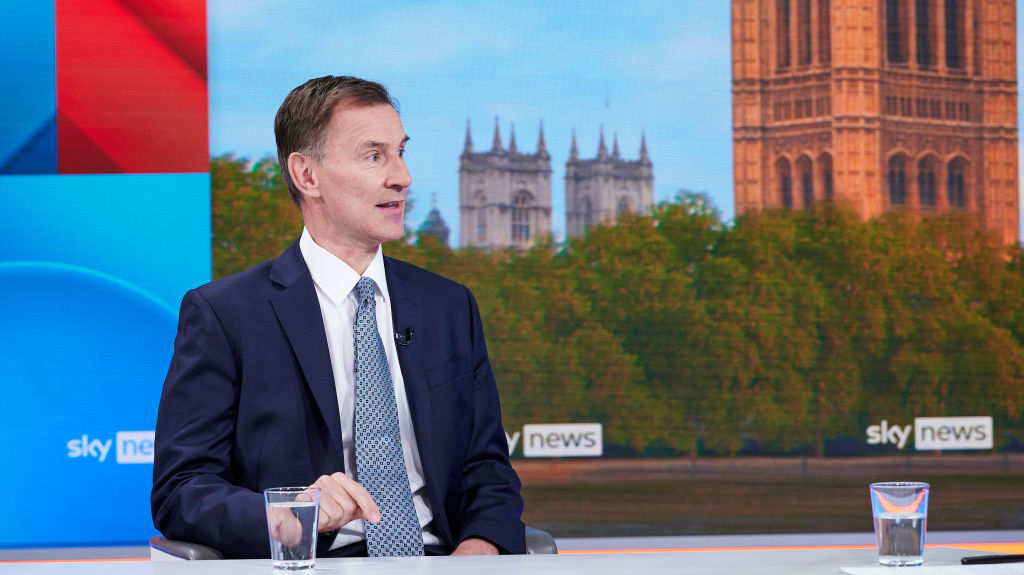Jeremy Hunt wants to make work pay. Few Conservatives will argue with that, nor with the idea of introducing sanctions for benefit claimants who refuse to look for work. Truth is he could and should go far further than threatening to cut the benefits of hardcore work-avoiders who refuse even to attend job interviews. A more radical approach would be to abolish unemployment benefits altogether and instead offer anyone who wants it three days a week guaranteed work at the National Living Wage. The government’s opponents would deride it as ‘US-style workfare’. But forcing people to turn up and do some work in return for their keep would ensure that they remain in the practice of employment. And it would almost certainly expose mass fraud.
That is exactly what happened when the Conservatives last trialled such a scheme in the 1990s. A pilot scheme involving 6,800 claimants in Hull and Medway resulted in 920 landing permanent jobs. But even more remarkable was that 3,100 people signed off benefits altogether. Why? Presumably because they knew that having to turn up for work placements and job interviews would expose their fraudulent claims. The pilot was so successful that it earned some rare praise from Polly Toynbee.
Hunt’s plan to increase the National Living Wage may encounter a little more resistance in Tory circles, especially among business people who have already had to bear the cost of wage inflation. It also raises the question: if Hunt really wants to make work pay, then why has he frozen the personal tax allowance? This year, a worker can take home up to £12,570 before they start to pay income tax. That is only £70 higher than it was in 2019-20, in spite of high inflation in the interim.
The decision to freeze the personal tax allowance is all the more puzzling given what a popular policy it was when the Coalition sharply raised the allowance. Indeed, the policy, which originated in the Liberal Democrat manifesto, helped Nick Clegg’s party into power for the first time in decades. When the Coalition was established in 2010 the allowance stood at £6,475. By the end of Coalition years in 2015 it has increased to £10,000, and many more people in low-paid jobs had been taken out of the tax system. The allowance is still higher in real terms than it was in 2010 (£6,475 then is equivalent to £9,510 now, when adjusted for the Consumer Prices Index), but the large uplift in the allowance is being steadily eroded. Hunt says there is no room for tax cuts, but if he wants to make work pay he should at least raise the personal tax allowance in line with inflation.







Comments